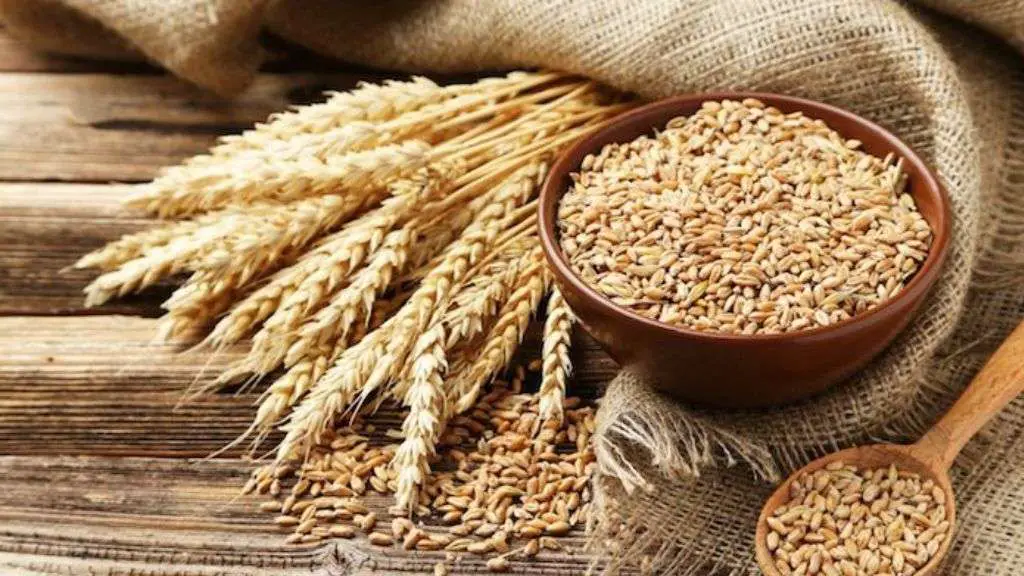Data from the National Bureau of Statistics (NBS) foreign trade report over the past four quarters reveals that Nigeria invested approximately N970.22 billion in wheat imports within the last 12 months.
Here we are on twitter | Follow us @ifuture_news to join our community
— Ifutureconnect | News (@ifuture_news) December 1, 2023
The recorded figure for October 2022 to September 2023 falls below the corresponding amount documented between the fourth quarter of 2021 and the third quarter of 2022.
Over the twelve-month period from October 2021 to September 2022, Nigeria imported durum wheat valued at N1.15 trillion. This amount is N180.77 billion higher than the figure recorded in the subsequent twelve months, indicating a 15.71% decline in wheat imports.
The third quarter of 2023 witnessed the highest wheat import for Nigeria in the past four quarters, reaching a total of N331.76 billion.
For the initial nine months of this year, the country’s wheat imports amounted to N783.26 billion. This reflects an increase of N28.66 billion from the N753.60 billion recorded during the same period in 2022.
Nigeria sources its durum wheat imports from countries such as Latvia, Canada, Lithuania, the United States, Poland, and Argentina.
NEWS CONNECT: Click “HERE” to join our WhatsApp group and receive News updates directly on your WhatsApp!
Wheat production in Nigeria
Wheat is the third most consumed grain in Nigeria after rice and corn. The United States Foreign Agricultural Service projects the country’s wheat consumption to reach 6.06 million tonnes.
Wheat is mainly cultivated in Northern Nigeria in around 13 states. Data from the Ministry of Agriculture puts the production volume of wheat at 420,000 metric tonnes far below the annual consumption of around 6.5 metric tonnes
Kano state is the largest producer of wheat in Nigeria according to a study from the National Bureau of Statistics with more land area cultivated than any other state.
The current Minister of Agriculture, Abubakar Kyari has stated that wheat imports will end in the next four or five years as the federal government.
He stated that policies such as a 50% subsidy to wheat farmers for dry season agriculture and the over 40,000 hectares of land being cultivated in Jigawa state and continuous policies from the current administration will bring the target to fruition.
Effects of wheat imports on food prices
Wheat flour is one of the major materials used in the production of bread, pasta, noodles and other Nigerian staples.
In recent times, the prices of these products have increased significantly occasioned by the war between Russia and Ukraine which disrupted global supply chains and also led to an increase in the price of the commodity in the global market.
For example, the price of bread has increased by 52.69% in the past year according to the food survey report by the National Bureau of Statistics.
The devaluation of the naira in June is partially responsible for the increase in bread prices as wheat constitutes around 54% of the cost of producing bread.
Join any of these WhatsApp Groups to receive Prompt Updates

